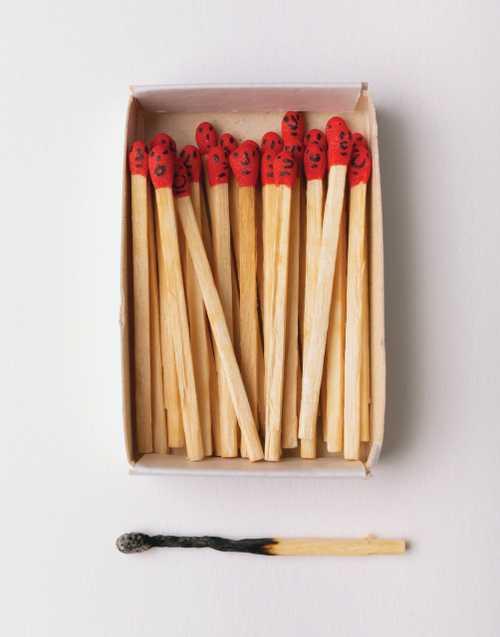Learn more about health with this collection
How to create a positive work environment
Techniques for cultivating gratitude and mindfulness at work
How to find purpose in your work
Burnout as an occupational phenomenon
To suffer from burnout is to be used up, like a spent battery that can't be recharged. Defining symptoms are exhaustion, cynicism, and loss of productivity.
The World Health Organization recognized burnout as an occupational phenomenon in 2019 but it is not listed as a medical condition. Multiple studies suggest burnout symptoms are identical to depression.
847
8.49K reads
The world is suffering from burnout
The diagnosis suffers from two confusions:
- If everyone suffers from burnout, it's meaningless and just part of life.
- If burnout is a recent problem, then the question is what caused it?
The term 'burnout' got its name in 1973 and by the 1980s, everyone was burned out. One Swiss psychotherapist stated that Moses, mentioned in the Old Testament, was burned out. Research suggests that three out of five workers feel burned out globally, but a recent book claims all Millenials suffer from burnout.
664
4.51K reads
The term 'burnout' borrowed from drug users
Herbert J. Freudenberger, the psychologist who defined burnout, became involved in the 'free clinic' movement in the late 1960s. It was a community-based clinic that served alienated populations in the US, including hippies and drug abusers.
Volunteer staff helped with drug abuse treatment and detoxification. The people talked about being "burnt out" by drug addiction. Freudenberger worked his second job at the clinic until midnight until he finally found himself in a state of exhaustion. In his self-diagnosis, he borrowed the metaphor drug users invented to describe their suffering.
632
3.24K reads
Popularising burnout
Herbert J. Freudenberger, having experienced the state of burnout himself, wrote an essay on "staff burnout". He extended the idea to staff of all sorts, including attorneys, child-care workers, medical professionals and parents. He found burnouts everywhere and popularised the idea in interviews and self-help books.
Now, burnout wasn't what happened to you when you had nothing - it was what happened to you when you wanted it all. It made the term a yuppy problem, a badge of success.
636
2.84K reads
Burnout sceptics
The press picked up on burnout and filled pages of newspapers and magazines with new categories of burned-out workers, from lists of symptoms to quizzes. Everyone suffered.
The sceptics fired back. "The new IN thing is 'burnout,'" a Time columnist wrote. "If you don't come down with it, you're a bum." Even Freudenberger was tired of burnout. Still, in 1985, he published a new book on Women's Burnout. The press loved quoting him, writing that "you can't have it all."
598
2.56K reads
Burnout is a modern problem
For philosopher Byung-Chul Han, burnout is depression and exhaustion - it is a sickness that plagues a society bent on excessive positivity and achievement to the point of self-destruction.
Burnout keeps on spreading. With the emergence of the internet, people start speaking about "digital burnout." Social media burns you out. Gig work burns you out. It is no longer a temporary problem - it's a modern problem.
688
2.83K reads
Possible reasons for burnout
- Declining church attendance could be one reason with less than half of the population attending church. Wellness, mindfulness, and meditation are secularised versions of prayer, Sabbath-keeping, and worship. However, many Christians also suffer from burnout.
- Another is overwork, but every generation claims enormous economic and social upheaval and changes in the labour market.
- Burnout is a combat metaphor. Many feel like work is a battlefield, and daily life like a struggle. People from all walks of life feel worn down, wiped out, battered and battle-scarred.
656
3.59K reads
CURATED BY
More like this
4 ideas
What Causes Burnout and How to Overcome It
lifehacker.com
3 ideas
The three types of burnout
nesslabs.com
4 ideas
Read & Learn
20x Faster
without
deepstash
with
deepstash
with
deepstash
Access to 200,000+ ideas
—
Access to the mobile app
—
Unlimited idea saving & library
—
—
Unlimited history
—
—
Unlimited listening to ideas
—
—
Downloading & offline access
—
—
Personalized recommendations
—
—
Supercharge your mind with one idea per day
Enter your email and spend 1 minute every day to learn something new.
I agree to receive email updates

